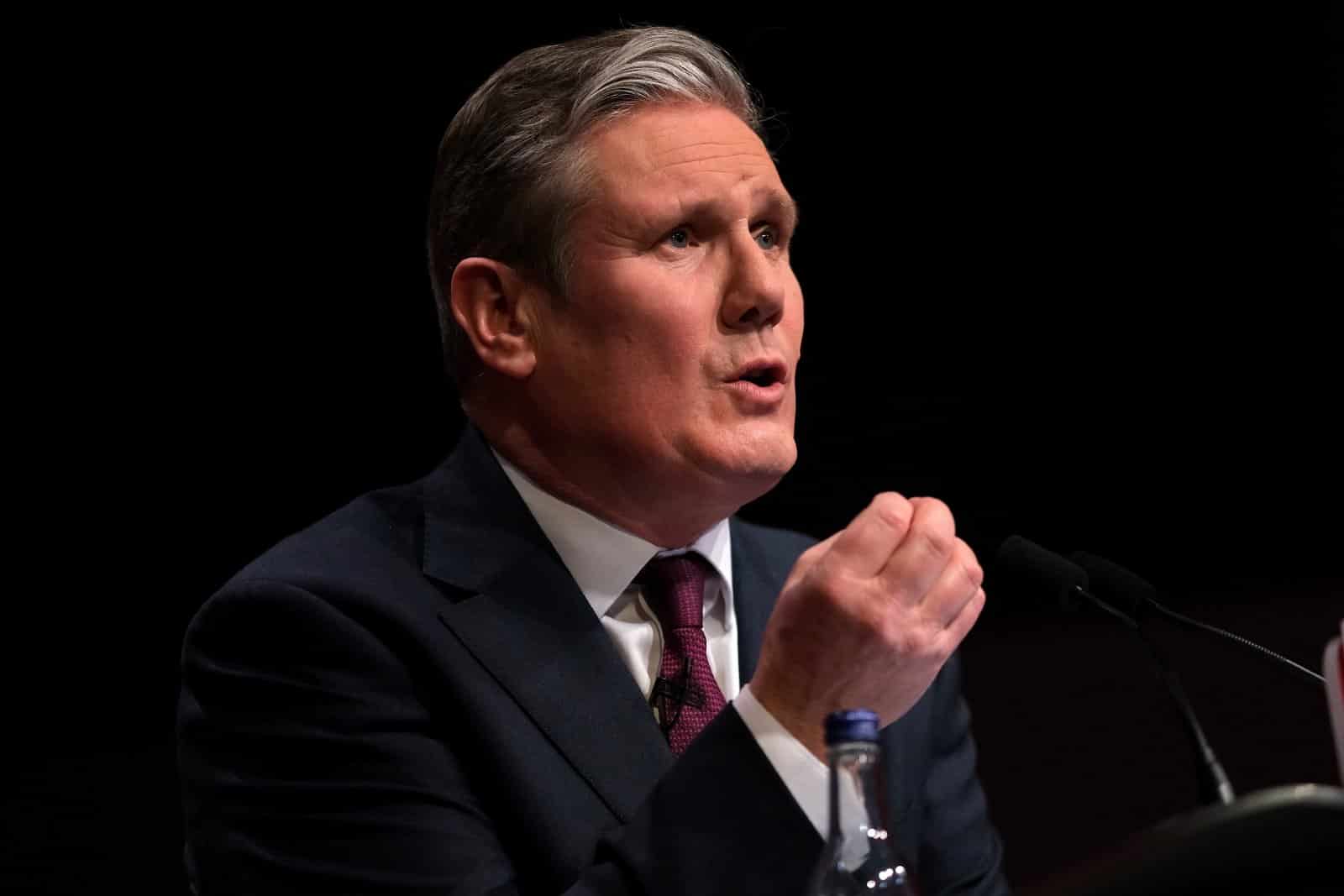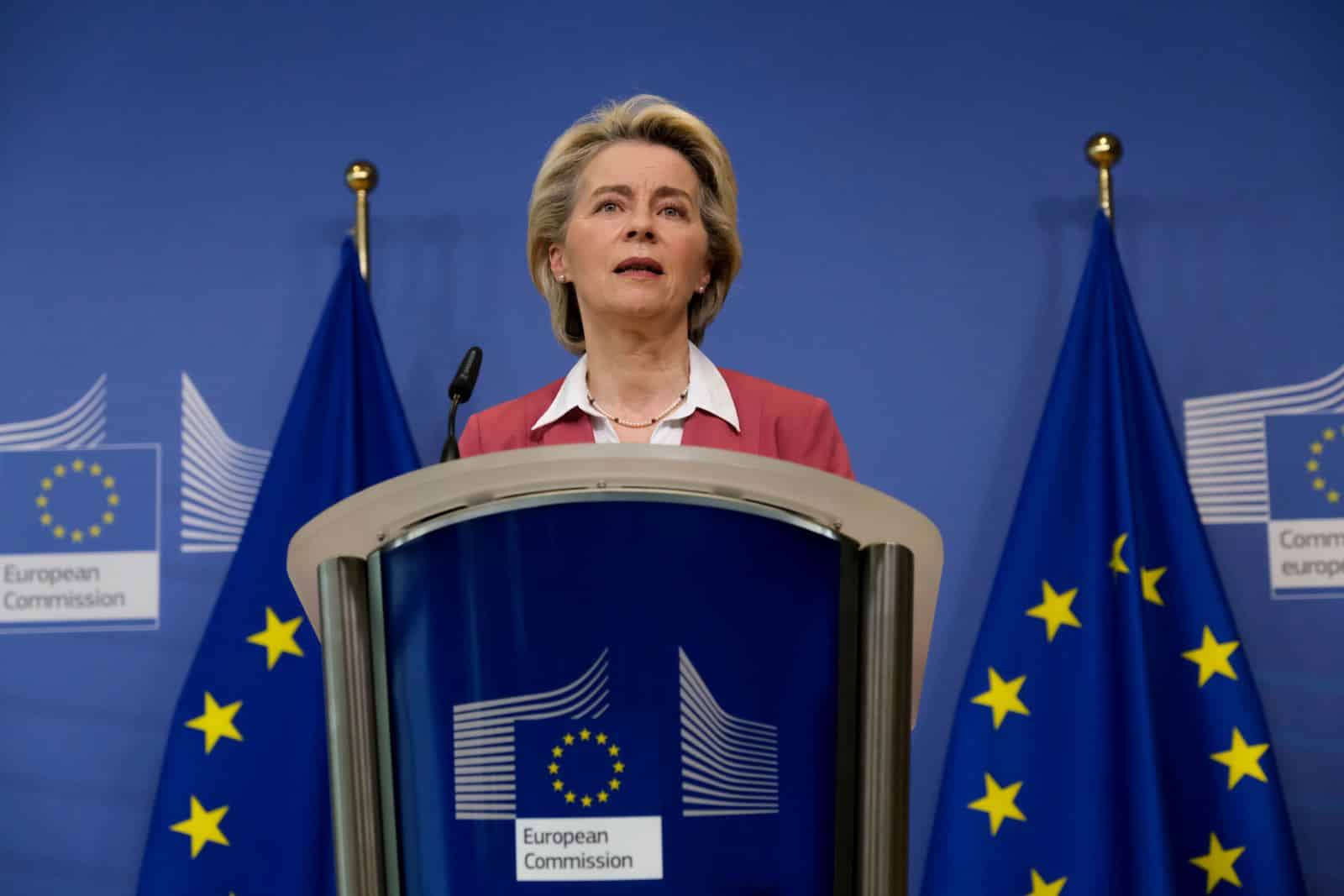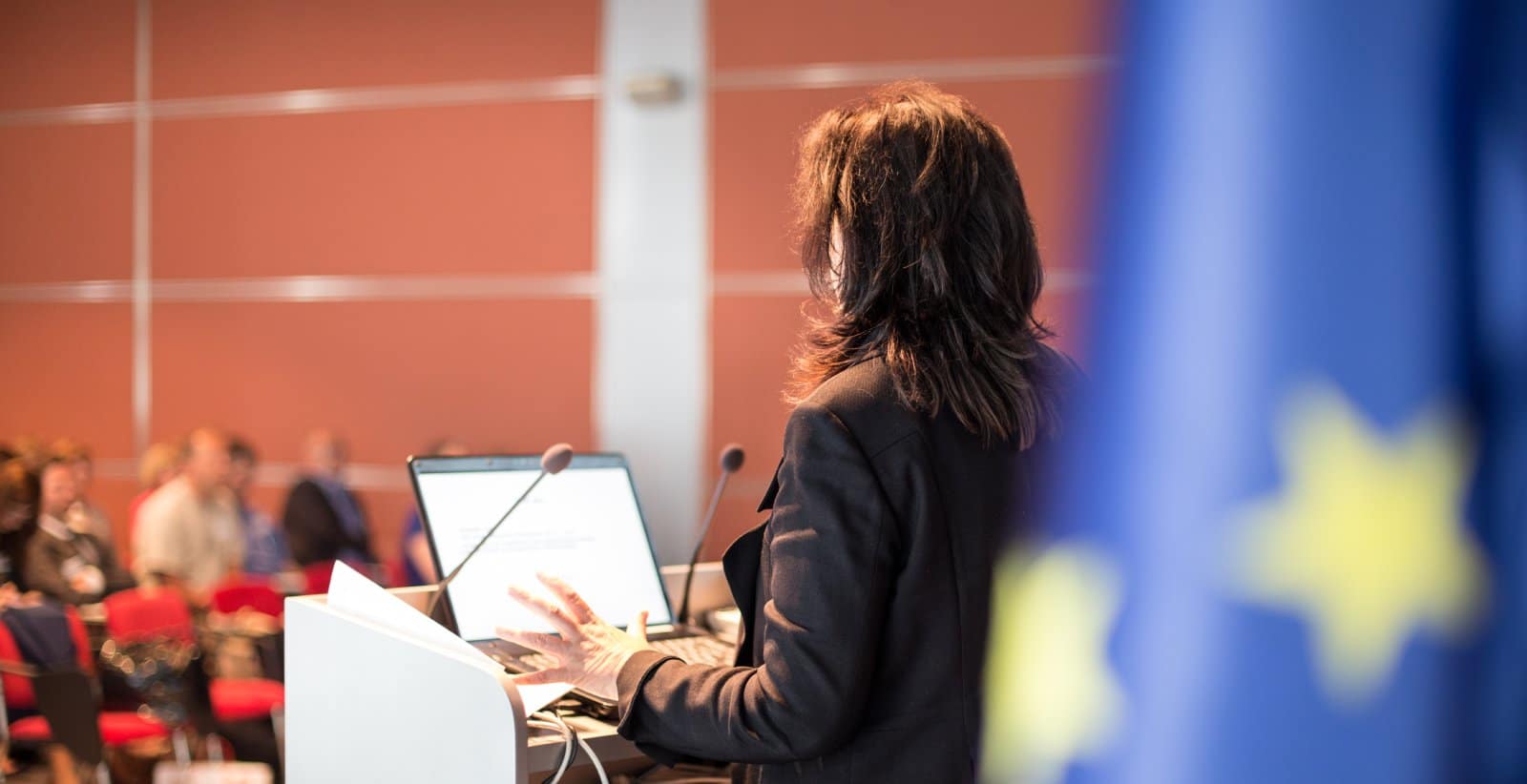In a significant development post-Brexit, Prime Minister Rishi Sunak has turned down the European Commission’s proposal for a youth mobility scheme, dashing hopes for young Britons to live, work, or study in the EU. Here’s the full story.
Knife Edge Vote

Following the knife-edge referendum result that saw the UK leave the EU, young people in the UK have had the freedom to live, study, and work in 27 countries stripped away from them, despite Ipsos-Mori polling showing that 75% of people under 25 voted to remain.
Burning Olive Branch

In a move that will devastate those same young voters, the UK has declined an olive branch offer from the European Commission for a youth mobility scheme.
Live, Study or Work

The proposal, announced unexpectedly by EU Commission President Ursula von der Leyen, would have allowed young Britons aged 18 to 30 to live, study, or work in the EU for up to four years.
What Youth Vote?

However, Prime Minister Sunak, apparently not interested in winning the votes of young people and concentrating more on the elderly who consistently vote more Conservative, rejected the proposal out of hand.
Improved Relationship

Depressingly, Labour leader and presumed Prime Minister in waiting, Keir Starmer, also dismissed the proposal. However, they did at least presume to add that, should Labour be elected, they would “seek to improve the UK’s working relationship with the EU within our red lines.”
“Closer Collaboration”

EU Commission President Ursula von der Leyen had pitched the scheme as an opportunity for “closer collaboration” between the UK and the EU.
Utterly Rejected

Two parties utterly rejected the scheme, equally wary of re-opening the Pandora’s box of Brexit, despite Statista polling showing that 55% of people thought it was wrong to leave the European Union, compared with 34% who thought it was the right decision.
Works Both Ways

It would have allowed young people from within the UK to stay in the EU for work or study and vice versa.
“In Both Our Interests”

Of the proposal, Ursula von der Leyen stated, “The topic of youth mobility is in both our interests because the more we have youth mobility being on both sides of the channel, the more we increase the probability we will be on good terms because the next generation knows each other very well.”
End of Free Movement

However, the UK government firmly stated that Brexit marked the end of free movement, signalling its reluctance to entertain proposals that could reintroduce similar measures despite the solid public support for such a move.
“No Plans”

A government spokesperson stated, “We are not introducing an EU-wide youth mobility scheme – free movement within the EU was ended and there are no plans to introduce it.”
Not Free Movement

Notably, the scheme is not a free movement scheme, as young people would have had to obtain a YMS visa, evidence of enough money to sustain a living and would need health insurance to participate.
Pick ‘n’ Mix

While rejecting an EU-wide scheme, the government expressed willingness to negotiate similar arrangements with individual EU member states. France, in particular, is high on the list of countries that the UK government would like to deal with.
Cherry Picking

However, this offer was similarly and, somewhat unsurprisingly, rejected out of hand by the EU, who argued against what one source told the Guardian was the UK attempting to “cherry pick” which countries to work with.
Economic and Social Benefits

Critics of the UK’s decision argue that the rejection overlooks the many potential economic and social benefits.
Win-Win

Ed Davy, the leader of the LibDems, told the Guardian, “Expanding our existing youth mobility visas to cover European countries on a reciprocal basis would be a win-win.”
“Much Needed Boost”

He continued, “It would be a much-needed boost to our economy, especially hospitality and tourism; it would offer great new opportunities to young British people to work abroad; and it would be a crucial step towards fixing our broken relationship with Europe.”
Considering Approach

“Of course the details would need to be negotiated, but no UK government should reject this idea out of hand,” he finished.
Happen Quickly

Stella Creasy, who is chair of the Labour Movement for Europe group, stated, “The willingness of the EU to consider a mobility agreement offers a chance to address this, so it’s vital these negotiations happen and happen quickly – Labour must now be clear that, in government, we will not let this opportunity to help limit the damage leaving the EU has done to our young people pass us by.”
“Debate to Be Had”

Similarly, Anand Menon, professor of European politics and director of UK in a Changing Europe, stated, “Clearly there is a debate to be had about the costs and the benefits of a youth mobility scheme but I find it utterly depressing that both of the major political parties, one of which will form a government after the next election, do not know the difference between free movement and a limited youth mobility scheme which involves visas.”
Deep Divisions

The rejection of the EU’s proposal underscores the still deep divisions between the UK and its former EU partners. Even schemes like this, which would benefit British youth, are seen as too politically risky for the two main UK parties to consider.
Youth Vote

However, whether this will affect young people’s voting intentions in the upcoming elections remains to be seen.
More Articles Like This…
Broken Britain: 12 Reasons Behind the UK’s Decline
Say the Unsayable: 10 Occasions When Farage Spoke His Mind About Britain
The post Hopeless: UK Rejects Europe’s Post-Brexit Proposal for Free Movement for Young People first appeared on Edge Media.
Featured Image Credit: Shutterstock / Ivan Marc.
Grant Gallacher is a seasoned writer with expertise in politics and impactful daily news. His work, deeply rooted in addressing issues that resonate with a wide audience, showcases an unwavering commitment to bringing forth the stories that matter. He is also known for satirical writing and stand up comedy.

